Why are Samsung refrigerators so bad? Know the Facts
We may earn affiliate fees for purchases using our links (at no additional cost to you).
Are you frustrated with your Samsung refrigerator? Wondering why it seems to fall short compared to other brands?
Look no further! In this article, we’ll uncover the reasons behind the reputation of Samsung refrigerators and delve into the common issues faced by users.
From reliability concerns to customer experiences, we’ll explore the factors that contribute to the perception of Samsung refrigerators being “bad.”
Get ready to discover the truth and gain insights into this hot topic in the world of refrigeration.
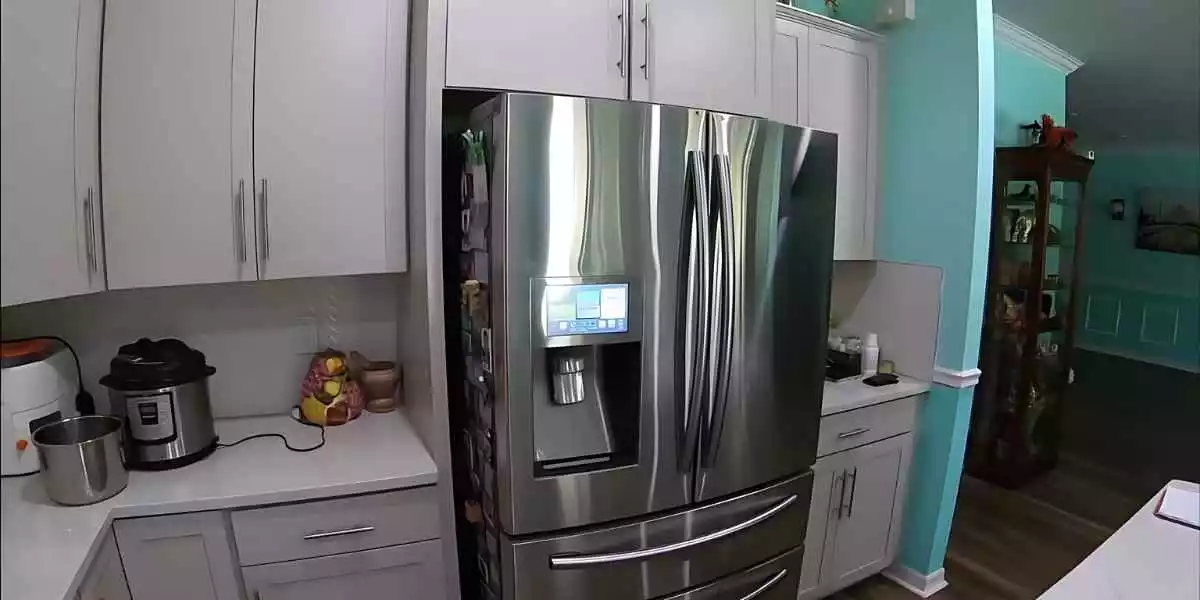
Why are Samsung refrigerators so bad?
Samsung refrigerators have gained a bad reputation due to common issues like poor reliability, frequent breakdowns, and customer complaints.
These factors contribute to the perception of their subpar performance compared to other brands in the market.
Common Issues with Samsung Refrigerators
These common issues are not universal to all Samsung refrigerator models, but it’s important to be aware of the potential challenges and know how to troubleshoot them effectively:
1. Frequent Temperature Fluctuations:
Samsung refrigerators may suffer from inconsistent temperature control, leading to food spoilage and decreased freshness.
To address this issue, ensure that the refrigerator is not overloaded, check the temperature settings regularly, and avoid blocking air vents.
2. Ice Maker Problems:
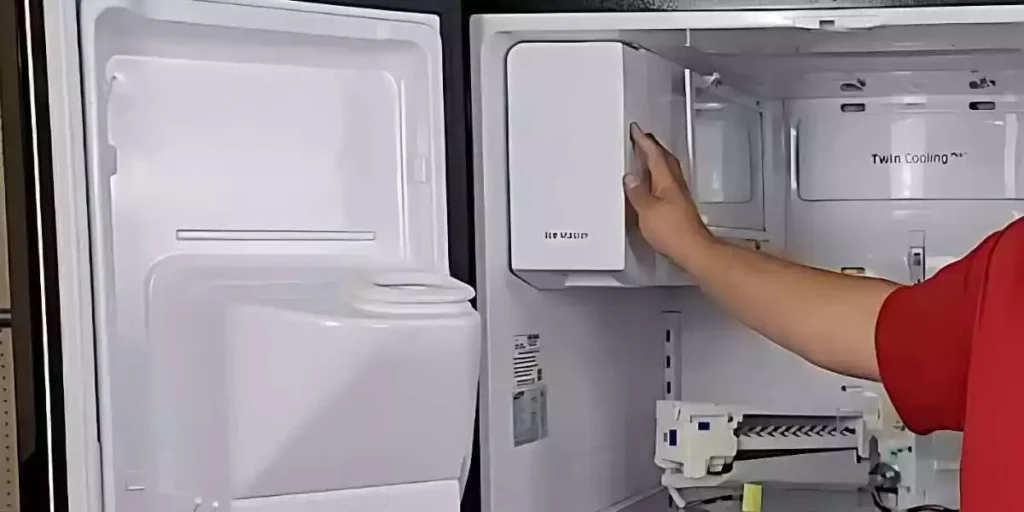
Many Samsung refrigerator models encounter issues with their ice makers, such as slow ice production, ice dispenser malfunctions, or clogging.
You can troubleshoot these problems by inspecting the water supply line, resetting the ice maker, or seeking professional assistance.
3. Noisy Operation:
Some users have reported excessive noise coming from their Samsung refrigerators. This can be due to a faulty compressor, fan, or ice maker.
To mitigate this issue, check for any loose parts, clean the condenser coils, and contact Samsung support if the noise persists.
4. Defective Defrost System:
Samsung refrigerators have been known to experience problems with the defrost system, leading to ice buildup in the freezer and restricted airflow.
To resolve this issue, defrost the freezer manually, inspect the defrost heater and thermostat, or consult a professional for assistance.
5. Cooling Problems:
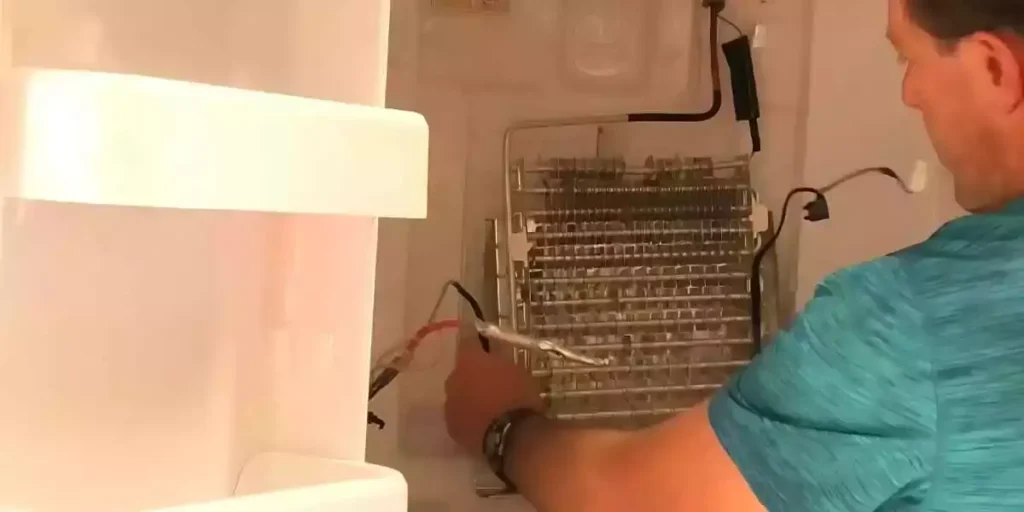
Certain Samsung refrigerator models may struggle with inadequate cooling, resulting in warm temperatures inside the fridge or freezer compartments.
Check for obstructions around the air vents, clean the condenser coils, and ensure proper door sealing to improve cooling efficiency.
6. Water Leakage:
Leaks from the water dispenser or inside the refrigerator are common complaints among Samsung refrigerator owners.
Inspect the water inlet valve, water filter, and tubing for any damages or blockages. If the issue persists, consider contacting Samsung’s customer support.
7. Display Malfunctions:
Some users have encountered issues with the control panel or display on their Samsung refrigerators, including unresponsive buttons or error codes.
Resetting the control panel, power cycling the refrigerator, or seeking professional assistance can help resolve these problems.
8. Premature Component Failures:
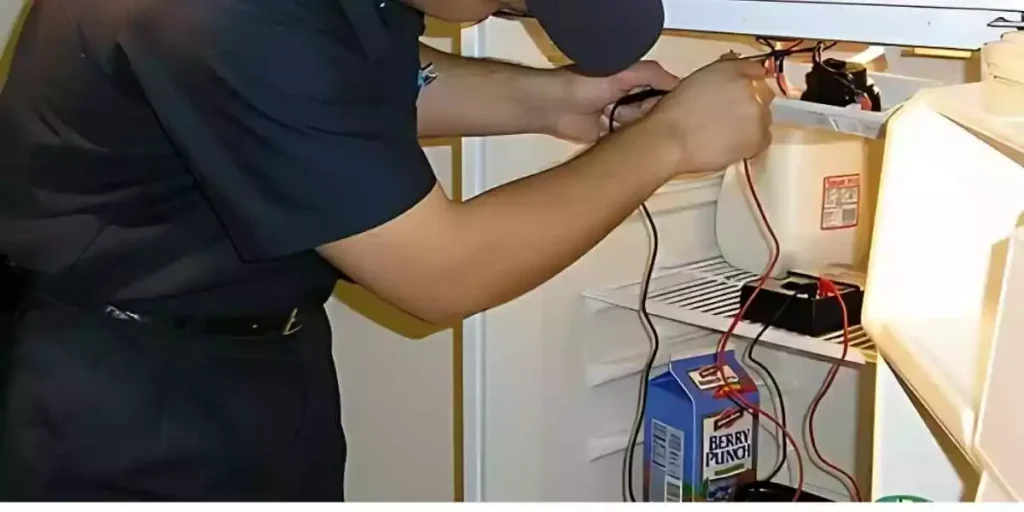
Samsung refrigerators have been associated with premature failures of components like compressors, condenser fans, or evaporator fan motors.
If you experience repeated failures or issues with these components, consider contacting Samsung for warranty coverage or professional repairs.
Reliability Concerns of Samsung Refrigerators
While Samsung refrigerators offer attractive features and design, it is crucial to be aware of the reliability concerns associated with these appliances.
1. Defrosting Issues:
One of the common reliability concerns with Samsung refrigerators relates to defrosting problems.
Some users have reported that their Samsung refrigerators do not defrost properly, leading to ice buildup in the freezer and restricted airflow. This can result in inadequate cooling and spoilage of food items.
To address this issue, it is recommended to regularly check the defrost system, including the defrost heater and thermostat, and ensure they are functioning correctly.
Additionally, keeping the freezer door closed tightly and avoiding overloading it can help maintain proper airflow and prevent excessive ice formation.
2. Cooling Problems:
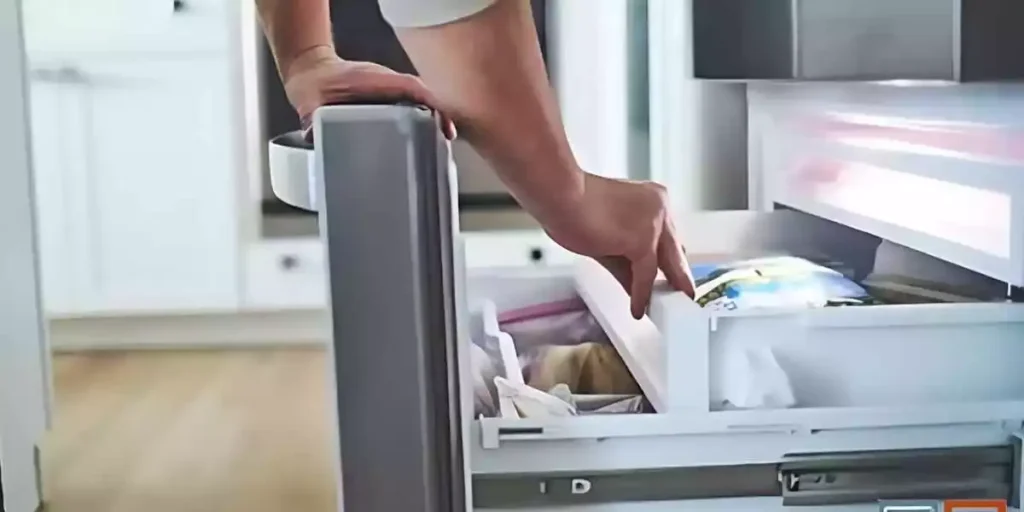
Another reliability concern pertains to cooling problems in Samsung refrigerators. Users have experienced instances where the refrigerator fails to cool adequately, leading to temperature fluctuations and potential food spoilage.
If you encounter this issue, first check the temperature settings and ensure they are appropriately adjusted.
Additionally, inspect the condenser coils at the back of the refrigerator for any dust or debris accumulation, as this can hinder the cooling efficiency.
Regularly cleaning the coils can help prevent such issues and maintain optimal cooling performance.
3. Ice Maker Malfunctions:
Samsung refrigerators equipped with ice makers have also been associated with reliability concerns, specifically related to ice maker malfunctions.
Some users have reported issues such as ice makers freezing up, producing malformed ice cubes, or completely failing to make ice.
If you experience any ice maker problems, first inspect the water supply line for any kinks or blockages.
Also, check the ice maker assembly for any visible signs of damage or misalignment.
In some cases, resetting the ice maker or replacing faulty components may be necessary to resolve the issue.
Regularly cleaning and maintaining the ice maker can help prevent malfunctions and ensure smooth operation.
4. Compressor Failure:
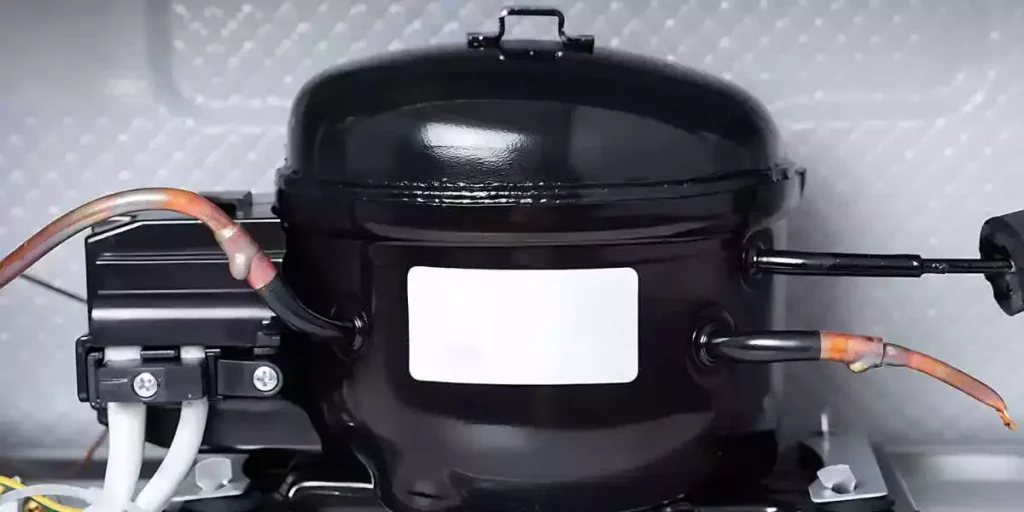
Compressor failure is another reliability concern that has been raised by Samsung refrigerator owners.
The compressor is a vital component responsible for maintaining the cooling process.
If the compressor fails, the refrigerator may not cool properly, leading to potential food spoilage.
If you notice unusual noises coming from the refrigerator, frequent cycling of the compressor, or inadequate cooling, it is recommended to contact a professional technician to diagnose and address the issue promptly.
Regular maintenance, including keeping the condenser coils clean and ensuring proper ventilation around the refrigerator, can help prevent compressor failure.
FAQs
1. Are All Samsung Refrigerators Prone To These Problems?
Factors such as model, usage, and maintenance practices can influence the likelihood of encountering problems.
2. Can These Issues Be Resolved?
Troubleshooting steps, such as adjusting temperature settings, cleaning condenser coils, or resetting the ice maker, can often help address specific problems.
In more severe cases, contacting Samsung customer support or a professional technician may be necessary for further assistance.
3. How Can I Prevent Problems With My Samsung Refrigerator?
This includes cleaning condenser coils, avoiding overloading the refrigerator or freezer and following the manufacturer’s guidelines for temperature settings and care of the ice maker.
Keeping the appliance level and ensuring proper ventilation around it can also contribute to its optimal performance.
4. Are There Alternative Refrigerator Brands I Should Consider?
Researching and comparing different brands can help you find a refrigerator that aligns with your specific needs and preferences.
Consider factors such as reliability, customer reviews, warranty, and available features when exploring alternatives.
5. Is It Worth Buying A Samsung Refrigerator Despite These Concerns?
Considering factors such as the specific model, warranty coverage, and customer support can help you make an informed decision based on your individual circumstances and requirements.
Conclusion
When considering the reliability concerns associated with Samsung refrigerators, it’s important to note that customer experiences can vary.
While some customers have encountered issues such as cooling problems and ice maker malfunctions, others have had positive experiences.
By thoroughly researching models, understanding maintenance requirements, and considering alternative brands, you can make an informed decision to ensure that you find a refrigerator that suits your needs and offers reliable performance.